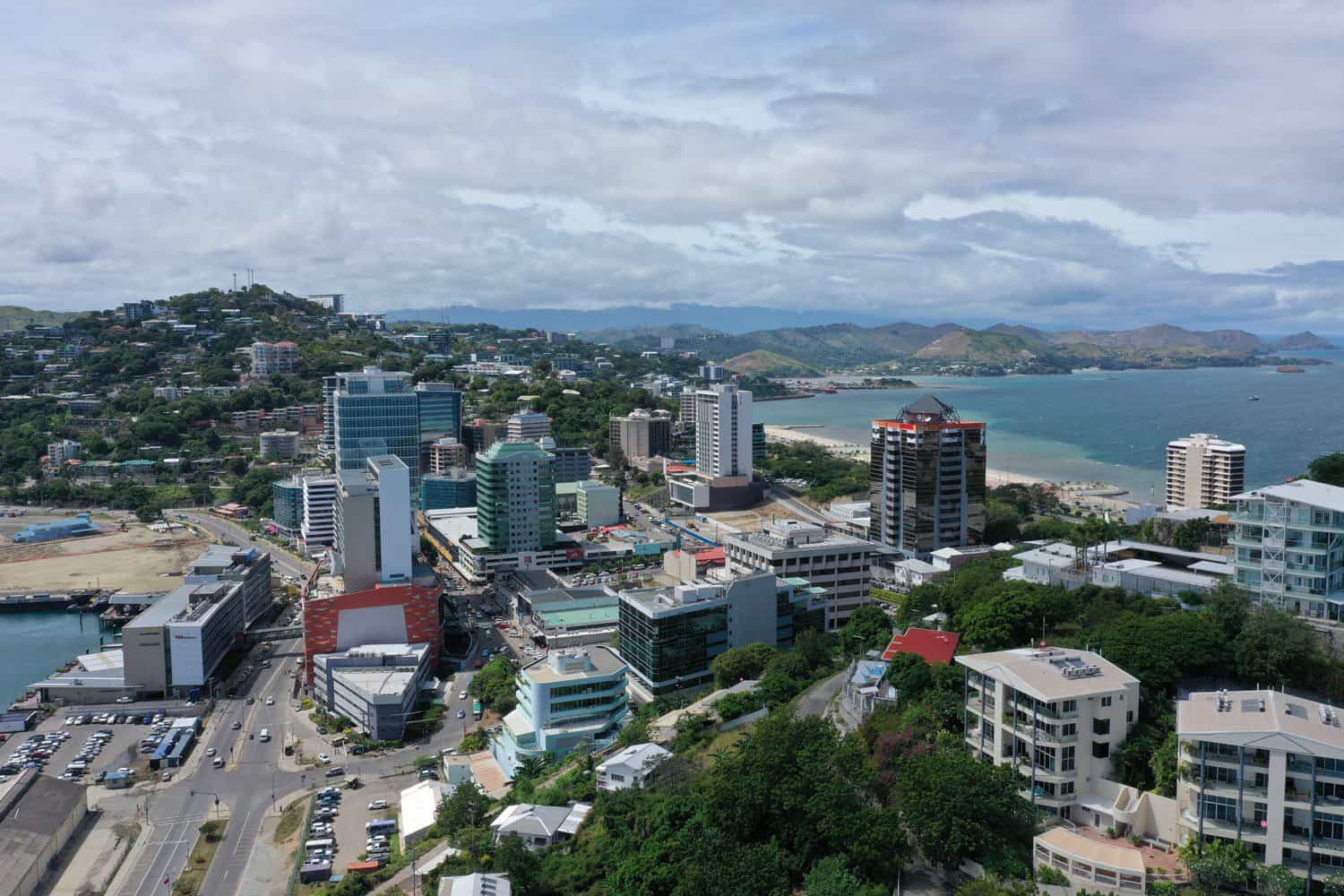Papua New Guinea Prime Minister James Marape has welcomed an International Monetary Fund (IMF) report indicating that Papua New Guinea’s economic outlook remains positive.
The IMF report, released Saturday, forecasts that growth is expected to increase to 4.6 percent in 2024 from 2.9 percent in 2023. This growth is supported by the resumption of activities at the Porgera gold mine and favorable commodity prices.
The report also noted that inflation is expected to normalise towards its historical average of around 5 percent. Additionally, Papua New Guinea’s gross international reserves stoodcomfortably at US$3.9 billion at the end of 2023, or 6.6 months of total imports, providing space to continue implementing central banking reforms.
“There are more than enough positive messages on our economic path forward,” Prime Minister Marape said.
“Whilst we are not there yet, and still having a lot more work to do, at least our fiscal consolidation is noted and the IMF works with our plan, not imposing on us.
“We have not factored projects like Wafi-Golpu, Papua LNG, Pasca LNG, P’nyang, and PNG LNG post-2026 into our economic recovery model. Remember, our policy is to get above 55 percent in total economic value of all these projects put together.”
Prime Minister Marape emphasised that the economic situation is not as dire as the Opposition and critics portray.
“The Opposition talks about the economy but does not have a long-term solution,” he said.
“Our Treasurer, Ian Ling-Stuckey, under our government, has a clear sight of debt reduction to zero by 2033, and a stronger K200-billion (US$51 billion) plus economy.
“We can talk about anything and everything, but if our economy is not big and strong, we will not have money to do the job. I urge our people to read professional reports done by professionals rather than the rantings of unqualified people on social media.
